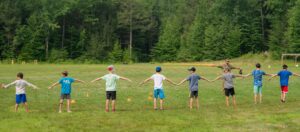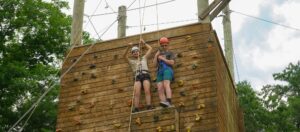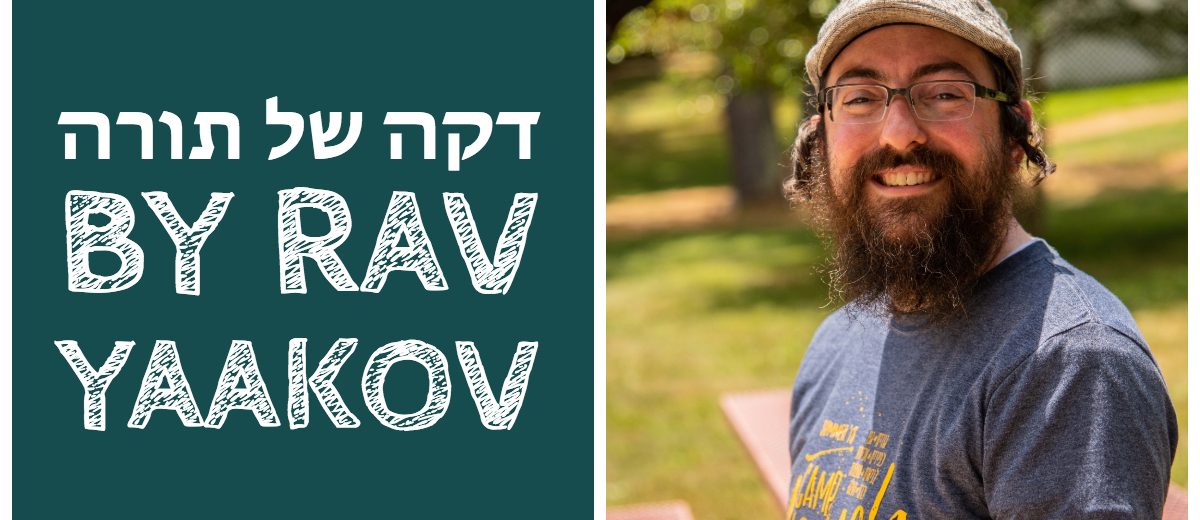Parshat Bamidbar – Voices from the Wilderness
Most years, the Torah portion of Bamidbar and the holiday of Shavuot coincide. It’s interesting, because on the face of it they’re diametrically opposed. On Shavuot, we celebrate receiving the Torah, and also the first fruits. It is a holiday of abundance, appreciating what we have as a people after leaving slavery on Pesach. The name “Shavuot” means “weeks,” the culmination of our counting exactly seven weeks from the second seder night as we evolve past the slave mentality and prepare to receive the Torah as a free Jewish people. Today, we observe Shavuot by nourishing our total selves, spiritually and physically, through studying Torah all night and eating special dairy foods.
By contrast, Bamidbar is the first parsha chronicling the Israelites’ journey through the wilderness, where they were protected by God alone in barren conditions. Bamidbar literally means “in the desert,” and the book of Bamidbar tells of our struggles as a people after leaving Egypt in Shemot and receiving the laws in Vayikra, to actually form a society as we traversed the desert.
So what is the connection between the barrenness of Bamidbar and the abundance of Shavuot? The answer lies in the name of the parsha. “Midbar,” desert, is the same root as “Midaber,” speak. The Torah tells us that something about this time in the desert, or a personal wilderness for that matter, helps us to find our voice.
Just as we do at camp, it is vital to leave our comfort zones and go out into the desert, so to speak, to encounter holiness. We learn this from Moshe himself, who led the Jewish people out of Egypt. He first encountered God out in the wilderness, in the Burning Bush. Moshe had left his home in Egypt and fled to Midian, and it was only there, completely beyond the comfort of his princely Egyptian upbringing, that God was able to reach him and prepare him to lead. The concurrence of Shavuot and Bamidbar is telling us the same thing — many true meaningful and spiritual encounters come when we leave the trappings of the familiar behind and venture into uncharted territory.
This is one of the reasons why camp is so enduring in the Jewish community as a formative experience for so many of us. Out of our comfort zone, into the wilderness of New Hampshire, we can have life-changing experiences that help us find out who we are, that prepare us to develop our voices, to receive great things, to inherit and own our Judaism. Chag sameach.
Questions for the Shabbat Table:
- Where have you encountered the voice of holiness in the “wilderness?”
- Where and how have you developed your own voice in the “wilderness?”




